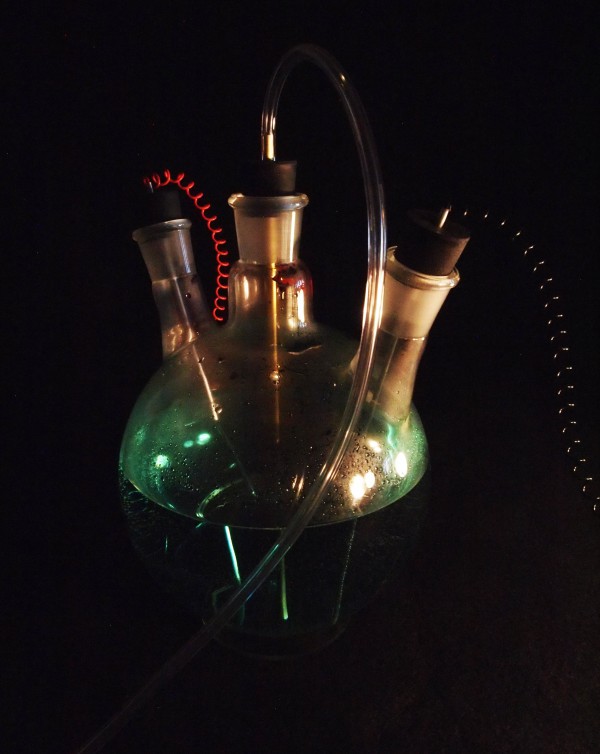Art & Exhibitions
Artist Launches Business School for Bacteria


Sarah Cascone

Microbial Associates, the latest project from conceptual artist and self-described “experimental philosopher” Jonathon Keats, looks to bacteria as the next wave of game-changing Silicon Valley developers. The quirky initiative claims to trainmicrobes in “state-of-the-art Pyrex classrooms,” harnessing their powers in the service of major tech companies.
This is not Keats’s first offbeat project marrying art and science. Earlier this year, he began a photography project that will capture the changing landscape of Berlin over the next century (see “Jonathon Keats Will Capture 100 Years in a Single Photograph“). “Microbial Associates,” meanwhile, cleverly parodies the industry jargon and claims of life-changing breakthroughs found in so many major tech announcements and initiatives.
Billing itself as “the only corporate consultancy in the world fostering successful business relationships between humans and prokaryotes” Microbial Associates promises to inject a healthy dose of biodiversity into the Silicon Valley monoculture, giving companies a chance to stand out in a competitive marketplace. Approximately 100 billion bacteria will receive certification in management, finance, product development, and other fields on October 21 at San Francisco gallery Modernism.
“Bacteria are the most industrious organisms on the planet, and also the most creative,” Keats explained in a press release. “Forming mountains and oxygenating the atmosphere, they literally made the world in which we live. Just imagine if Google or Facebook were to leverage that world-changing talent.”
Keats recognizes that there is a reason bacteria remains an untapped resource in the tech workplace: “Microbes are microscopic. Moreover they’ve never been educated for business, credentialed for employment, or prepared for recruitment. Microbial Associates will provide all three services in their offices at San Francisco’s Modernism Gallery, where bacteria can be hired for as little as one billionth of a cent per hour.”
Another bonus? Companies can pack trillions of these microscopic workers into a single cubicle—a real boon given how expensive Silicon Valley real estate has become.
“We’ve learned from bacteria to be highly adaptive,” adds. Keats. “Bacteria are eons ahead of us in real-world experience. Perhaps they can even train us how to live and work sustainably in the world they invented.”